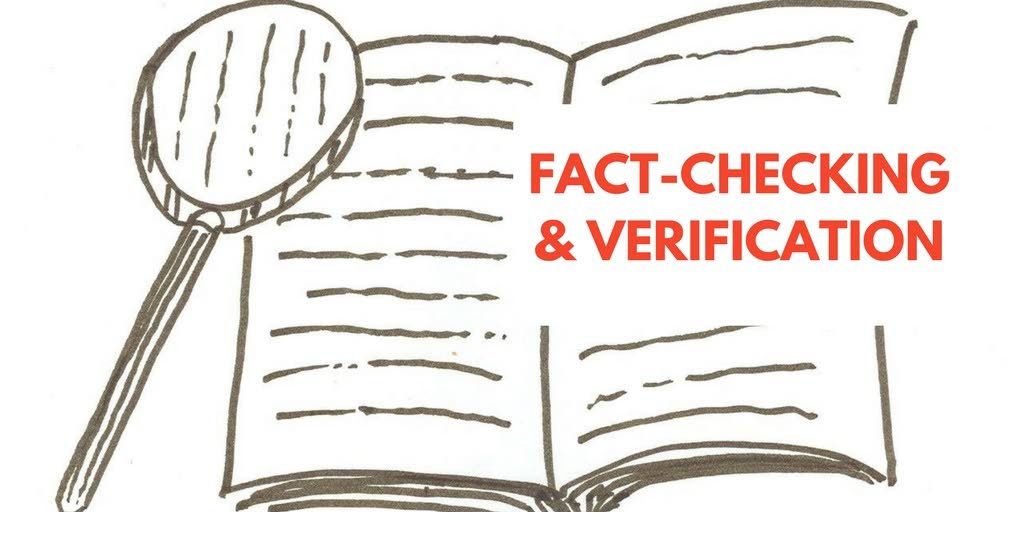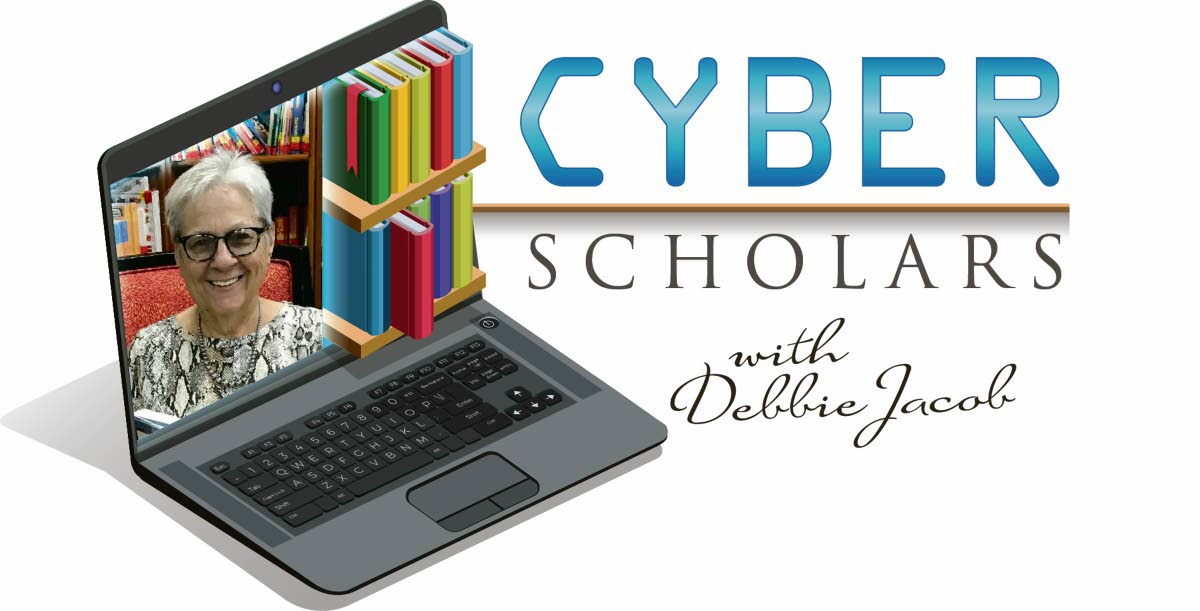CRAAP, a lesson on fact checking

ONE of your biggest challenges as a student is to find credible resources for the research papers and school-based assessments (SBAs) you have to write, but you also need to find credible information to make informed decisions in your personal life.
Should you take the annual flu shot? Do masks really protect you from covid19? If a covid19 vaccination were available in TT next week, should you take it?
Start evaluating books and websites by applying the CRAAP test. The acronym CRAAP stands for Currency, Relevance, Accuracy, Authority and Purpose. If you type CRAAP + Meriam Library California State University, Chico into the google search bar, you will get a chart that breaks down the CRAAP test. You should have this list available whenever you write a research paper or want to evaluate information to make informed decisions.
When applying the test, start by determining currency. For books, check the verso page, which is the page opposite the title page, for information on the publication date of a book. Check at the bottom of websites used for internet resources to determine the publication date and the last time that information was updated.
Ask yourself: how important is it to have the most current information for the topic I am researching?
Science information should be current. This might not be so important for historical resources.
Relevance questions whether the information you’re using applies to the topic you are researching. You need to be clear on the focus of your paper so that you can find resources to back up your thesis statement.
To determine authority, evaluate the author, publisher and source – such as a website – or sponsor of a website. You want to determine that the publisher is reputable and authors have credentials about the subjects they write about. Run websites through the same test to determine if the site is offering reputable information from experts in their field.
For accuracy, examine the source of information and check to see if there is solid, objective supporting evidence. You should cross-check information to see if other sources corroborate or agree with your source.
Determining the purpose of your source is vitally important. Does it offer objective information (facts) or subjective information (opinion)? Is it a commercial site trying to sway your opinion or sell a product? Is a government site with an agenda?
You can check this by examining the domain name in the URL. Do you see a commercial site (.com) or a government site (.gov) in the URL? Your best sites for research will be education sites (.edu) in the domain name.
If your research paper or your personal interests require information in the international news, you will need to do fact-checking. Factcheck.org from the University of Pennsylvania is a non-partisan, non-profit site that offers information about current events and stories in the news.
The Washington Post often tends to be a left-leaning newspaper, but it does offer good fact-checking resources. Just write Washington Post fact-checker in the google search bar to pull up this site.
Snopes is one of the most popular fact-checking sites for international stories in the news: Snopes.com.
ProPublica.com is an independent, non-profit newsroom, which also offers fact-checking for news stories.
In the 1990s, the Poynter Institute in St Petersburg, Florida became well known for its journalism awards. The non-profit journalism school offers fact-checking on its site now. You can find it by searching for Poynter Institute fact-checker.
The International Society for Technology in Education offers its top ten picks for student-friendly, fact-checking sites. Type Society for Technology in Education + top student sites for fact-checking to pull up the site.
If you need more information to understand what fact-checking is, check out an article in Scientific American about the psychology of fact-checking. It shows how facts are often distorted. There’s an interesting discussion about how emotion plays an important role in accepting or rejecting facts. Pull this site up by typing Scientific American psychology of fact-checking.
Fact-checking is fun and easy. It helps you to determine real news versus fake news, write better research papers and make personal decisions based on facts rather than emotion. Use the CRAAP test, and you can’t go wrong.



Comments
"CRAAP, a lesson on fact checking"